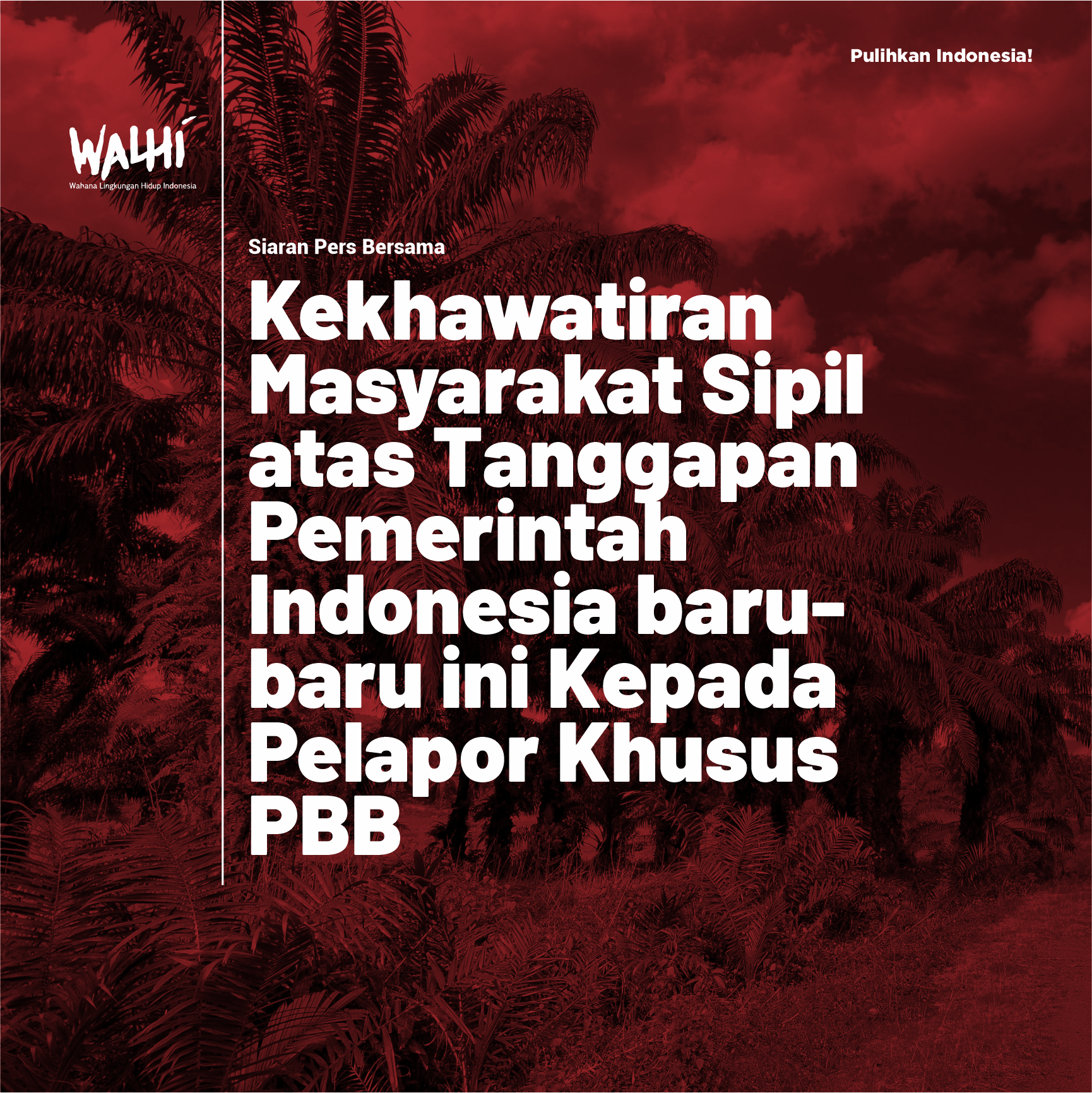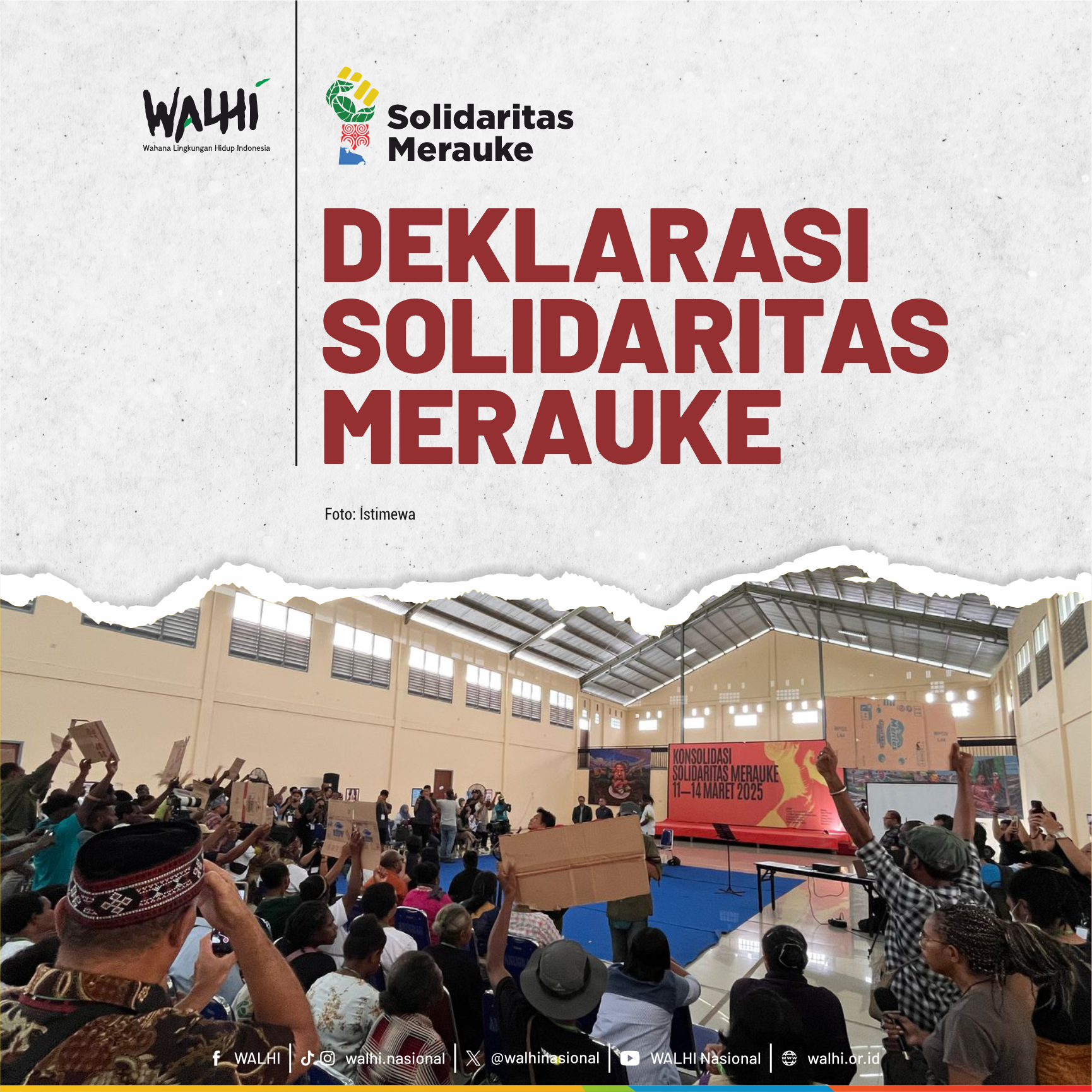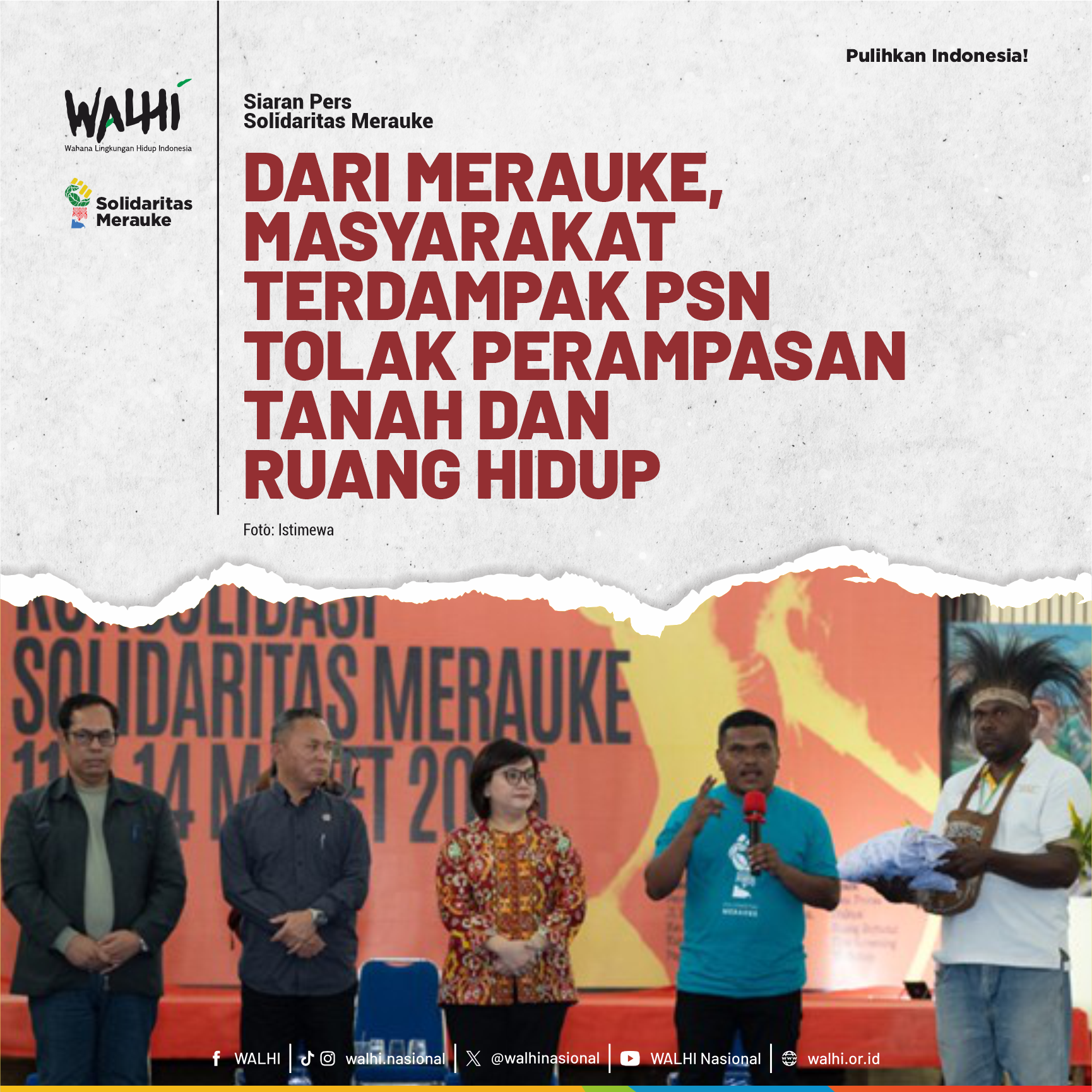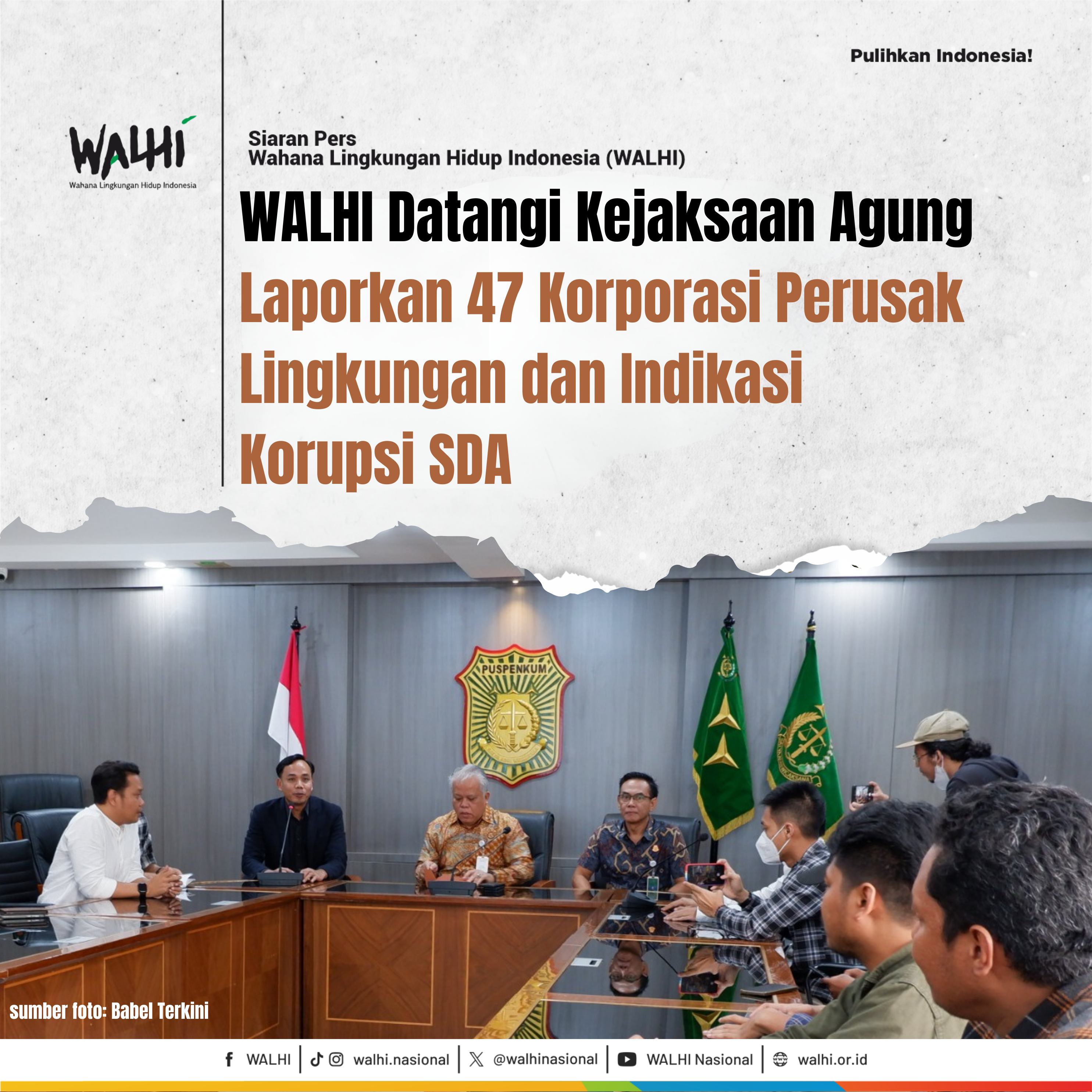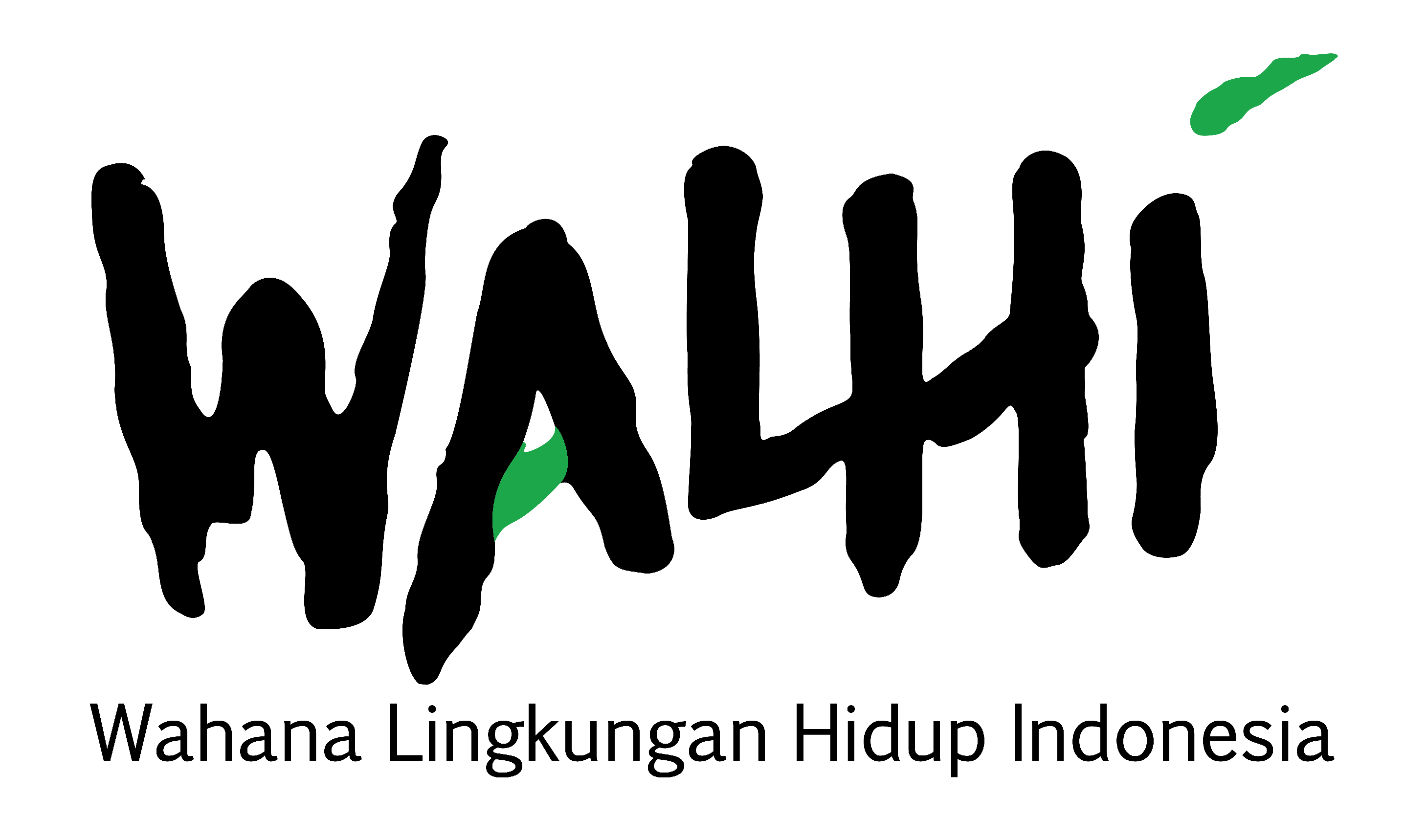As a country that is endowed with abundant natural wealth with landscapes that have diversity and uniqueness with their distinctive functions like the karst ecosystem area, Indonesia is supposed to make fences to protect this area from extractive industries and others. The fences have existed in communities living around karst areas, in the form of values of life, culture, and wisdom in carrying out their lives. Culture and local agricultural wisdom are mostly attached to the people living there, how indigenous peoples and local communities have a unique perspective or paradigm for karst ecosystems. If indigenous peoples and local people view the karst ecosystem as part of their life and collective identity, such as the mountainous communities of North Kendeng who view karst as the mother of the earth, the government is quite the opposite. The government and the political elite view the karst ecosystem area as a resource that should be used as much as possible, without considering the environmental carrying capacity and limitations. There has been no fundamental change from the Indonesian development paradigm from time to time, we know that this country has a very high level of ecological disaster vulnerability. The development paradigm has not changed, the natural wealth remains the backbone of the Indonesian economy, especially land-based, the mining industry is one of them.
As the backbone of the nation's economy, the main advocate for this economic machine to move is its supporting infrastructure. Especially the idea developed is based on corridor and connectivity. In the time of SBY, we know MP3EI, translated as the policy of infrastructure development planning for connectivity of economic development of Indonesia. To support the policy, it requires construction materials (especially cement) to be massively produced by the development of cement industry in Indonesia. Data of Indonesian Cement Association (ASI): cement production reached 3.5jt ton / year and always a surplus of 1.6% / year (about 10,000 - 20,000 ton / year). On the one hand, infrastructure development decreased 7.6% (Feb 2015). The expansion of business areas for extractive industries (mining) poses a serious threat to the strategic function and sustainability of ecosystems, historical values, socio-cultural and at the same time threatens the loss of people's governance areas. Overall, the karst ecosystem area faces the main problems of expansion of the mining industry, particularly the Semen and Marble mines belonging to domestic companies (BUMN / private) such as PT.
Cement Indonesia as well as private companies / foreign SOEs such as PT. Conch, PT. Indocement / Heidelberg and PT. Holcim The threat of karst exploitation is not only in Java, which continues to boost its infrastructure development as a major supporter of the natural resources business in Indonesia. In other areas, the vulnerability of karst ecosystems is as great, even in smaller islands that have higher levels of vulnerability than other islands, such as East Nusa Tenggara. Besides at the national level, WALHI advocates the rescue of karst areas starting at the site level to provincial and national levels, at least in 10 areas including West Java, Central Java, Yogyakarta, East Java, East Kalimantan, South Kalimantan, West Sumatra, Aceh, South Sulawesi, and NTT. In addition to strengthening community-level struggle at the site level such as those conducted in Maros and Pangkep, WALHI also pursued a legal path as it is still in progress. Currently, WALHI sues the environmental permit issued by the Governor of Central Java to PT. SI in PTUN Semarang. WALHI realized, to save karst ecosystem area cannot be done alone. Therefore support should be extended, involving various groups. One of them is by holding a public discussion to disseminate the essence and vulnerability of karst ecosystem area from the various point of view. Besides attended by academicians, CSOs, and journalists, this activity was also attended by a group of young nature lovers who have their own closeness with karst, which became the study and activity room. Other actors that are also seen as important to be intervened by the public is funding sector that finances mining industry that threatens karst ecosystem area. Together with the Responsi Bank's Coalition, WALHI has also conducted a review of banking sector relations with this dredge industry business. http://www.wp_walhi.local/2017/06/13/peran-perbankan-dalam-pengembangan-industri-semen-di-cekungan-air-tanah-cat-watuputih-rembang/


